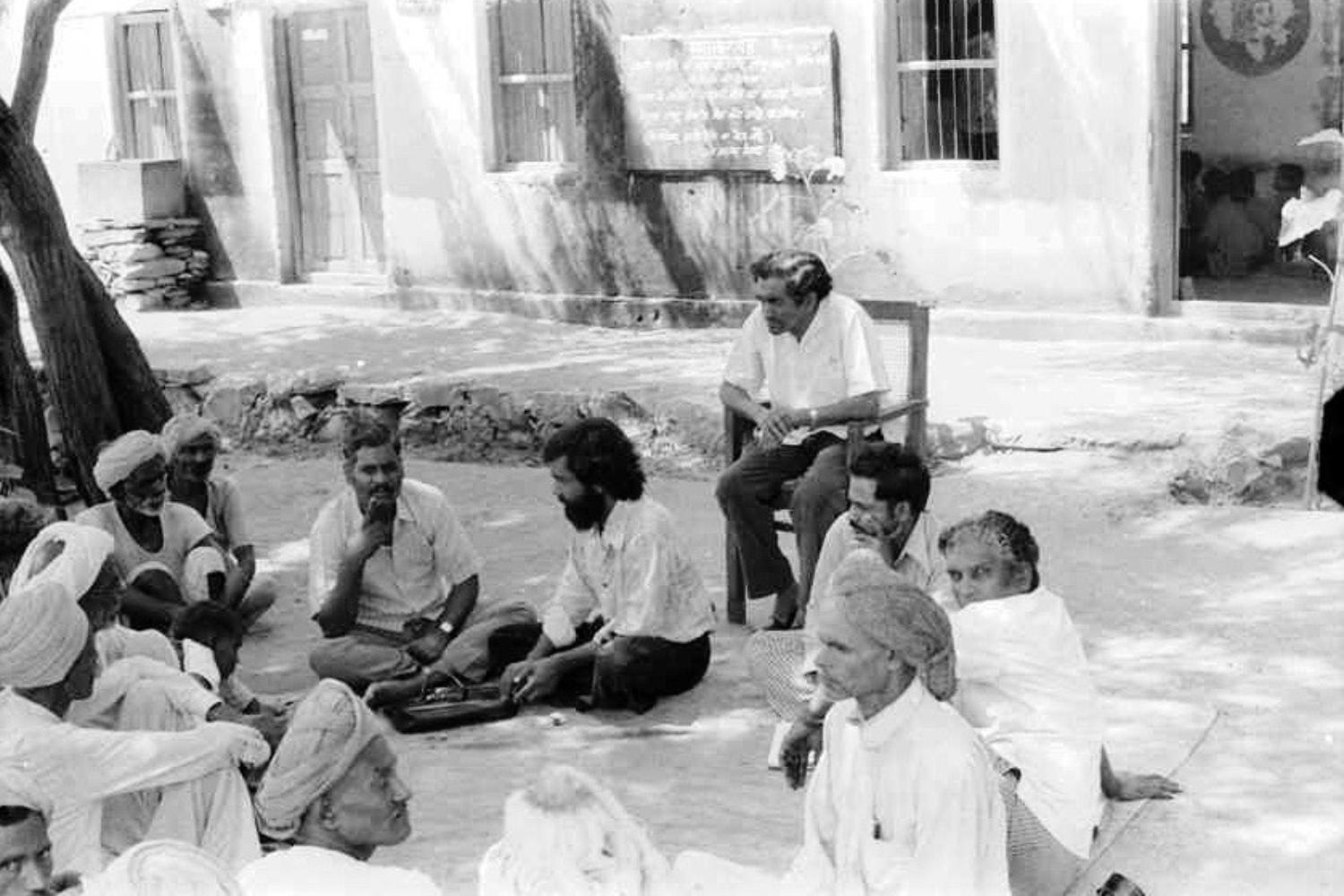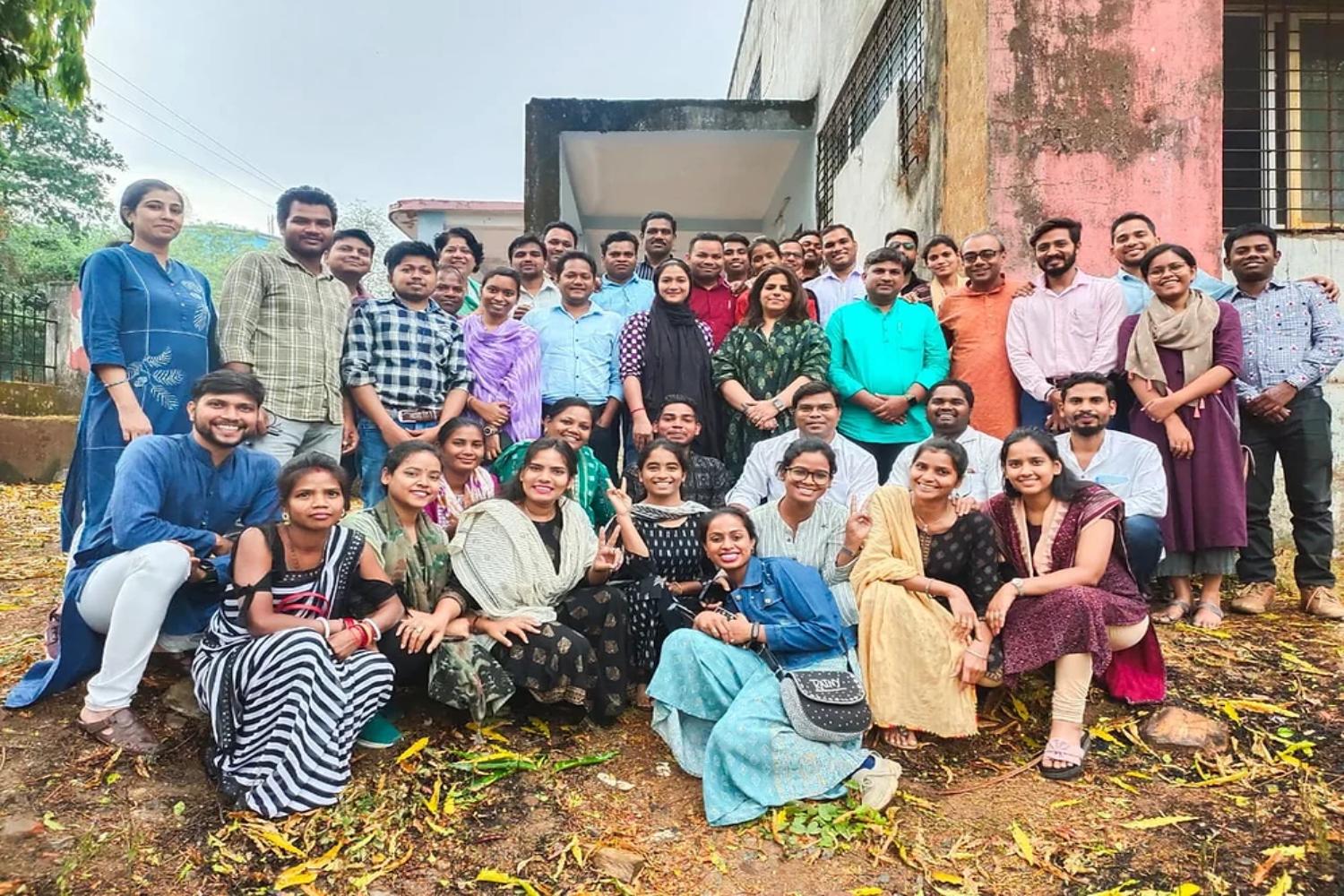Governance in the CSOs
In “Governance in the CSOs” Deepak Jain shares what good governance means for CSOs’ day-to-day operations, some common challenges that they face, and how these can be addressed.

This article aims to outline the principles and practices of governance for Civil Society Organizations (CSOs). It emphasizes transparency, accountability, and strategic management. The goal is to ensure ethical operations, compliance and efficiency.
Implementing these guidelines will enhance CSOs’ credibility and sustainability. It will also help them in enhancing the impact of their mission-driven endeavors.
What is governance
Governance can be defined as establishing and complying with a set of rules and guidelines to govern an organization’s activities. These include the complete gamut of operational, financial and strategic activities. A few examples of these are the following.
Strategic: These relate to areas such as fund raising, appointment of strategic advisors, identifying areas of social intervention, etc.
Operational: These pertain to hiring team members, procurement of goods and services, etc.
Financial: These involve accurately accounting the expenses and the donations received. In simple terms, governance is, “Doing the right things and to be seen as doing the right things.”
What is good governance
Clearly defined vision, mission and objectives: A CSO must have clear and well-defined statements for its mission, vision and objectives. These help in guiding the organization and form the basis of governance. These should be drafted by the board, management, and the CSO leadership.
Democratic selection of the Board and the leadership: Policies for appointing the Board of Directors must be transparent and democratic. The process for electing chairpersons, presidents and treasurers should be clearly defined. The goal is to ensure fairness, transparency and accountability. Basic details of the Governing Board should be publicly accessible through annual reports and websites.
Accountability of leadership: Policies must ensure leadership accountability, including systems for grievance redressal and issue resolution. The Board should engage in organizational planning, financial planning, and continuous learning. It must also monitor and evaluate the CSO’s efforts.
Audits: CSOs should conduct periodic independent internal audits to assess policy and process compliance. These help in identifying gaps and in taking remedial actions.
Annual reports, newsletters and websites: CSOs must disclose organizational performance. These include financial information and Board details. Disclosures made through annual reports, newsletters and websites help in good governance.
Compliance with laws of the land: CSOs must comply to all the applicable laws and legislations. This will ensure that operations continue without any disruptions. Such laws and regulations relate to the FCRA, 12AA, 80G related returns, etc. In addition to uninterrupted operations, compliance will help in preventing any penalties toward noncompliance.
Defining, publishing and training employees on ‘code of ethics/ conduct’: This will serve as a lighthouse in dealing with any unforeseeable situations.
Segregation of duties: The concept of segregation of duties (SOD) is based on the principle of collective decision making. As per the concept of SOD, one person will not have all the authorizations for decision making. These are to be spread across several people, who would need to come together to approve of any important decision. An authorization manual is a good example of the same.
Conflict of interest: One of the critical factors that can impair good governance is when an employee, officer or leader of the CSO has a conflict of interesting in deciding. We share a few examples here.
Purchasing, or recommending the purchase of, goods and services from a family member or a relative is a clear conflict of interest. Hiring a family member or a relative will also constitute a conflict of interest. Any case of using organizational resources for personal use will, similarly, constitute a breach of privilege as well.
Transparency: As mentioned earlier, not only CSOs needs to follow good governance practices, they need to also demonstrate these to the stakeholders. This is called transparency. For example, if a CSO has selected a supplier, they should provide details of the process that was followed.
What good governance means in day-to-day operations
Hiring: Hiring competent and committed team members is critical for the success of any organization. What if the quality of recruitment is compromised? This will lead to significant negative impact on the organization. Certain rules and guidelines around recruitment followed by organizations for good governance are listed below.
CSOs must have clearly-defined, unbiased and objective criteria for hiring. These include skills, experience, etc., for the candidates to be hired. Applications must be invited from multiple sources. The selection criteria and interview process must be unbiased.
The selection panel must not include anyone who has any personal association with the candidates. Complete documentation of the selection process should be undertaken for scrutiny/ audit at any point in time.
Procurement: Good governance practices in procurement of goods and services would include the following.
The requirements of the products/ services to be procured must be clearly defined, unbiased and objective. Also, the selection criteria must be defined properly, e.g., 50% weightage to the technical proposal and 50% to the commercial proposal.
Multiple suppliers must be invited for the same. Technical and commercial proposals should be kept separate.
Committees (even if of two people) must be appointed to evaluate technical proposals against pre-agreed objective criteria. The committee then must shortlist proposals that meet the requirements. These proposals then must be ranked.
After the above has been done, the commercial proposals must be opened only for the shortlisted suppliers. A committee (separate from the technical committee) must be appointed to do a complete analysis of the commercial proposals. Their prices quoted, terms and conditions, and payment terms, etc., must be assessed. In turn, the commercial proposals must be ranked.
After completing the evaluation process of the technical and commercial proposals, the supplier must be chosen as per the defined criteria. The entire process must be documented. The technical and commercial evaluation committees should not include anyone who has a personal association with any supplier.
Accounting for expenses: good governance practices Even the smallest expenses >INR 1,000/- should have proper bills/ receipts.
Appropriate taxes must be paid. Purchases must not be made from suppliers who don’t provide proper bills. The bills should clearly mention the services and products procured.
Paying in cash for expense >INR 10,000 must be avoided. The same should be paid through cheques/ digital payment options.
The benefits of good governance
Getting donations and grants: One of the key criteria for grants and donations used by corporates in selecting CSOs for grants, is the level of good governance followed.
Ability to attract and retain good talent: Every employee expects good governance by the CSO in people practices relating to hiring, compensation and promotion. Employees prefer to stay in CSOs with good governance processes. No penalties or disruption of work: Timely compliance, as applicable, will ensure zero disruptions and penalties.
Efficient processes: Good governance ensures consistency and repeatability. This, in turn, enhances the CSO’s overall productivity and efficiency.
Good reputation: Good governance enhances the good reputation of the CSO.
Cost optimization: With streamlined processes and good governance, operational costs can be optimized.
Challenges in implementing good governance
The benefits and criticality of good governance cannot be overemphasized. However, there are many challenges in implementing good governance practices. A few are shared below.
Perceived as bureaucratic: There are a few people who consider defining rules and guidelines as constraints and hindrances. They believe that this will slow down the organization. This requires education, continuous communication, and driving change management. The benefits of rules, guidelines and governance must be explained to the employees, and other stakeholders, including suppliers.
Lack of expertise: CSOs may not have expertise in defining the various rules and guidelines covering financial, operational and strategic areas. This will require support from experts. They can help the CSOs in implementing good governance practices.
Need for strong determination and commitment: Benefits of good governance start accruing only after some time. This may range from a few months to a few years. The organization must be determined and committed to implementing good governance practices. It must stay invested in terms of time and resources to gain long lasting benefits.
Conclusion
Good governance in CSOs ensures ethical, transparent and efficient operations. It enhances reputation and attracts support. It requires clear policies, democratic leadership selection, accountability, compliance with laws, regular audits, and transparency. Despite challenges like perceived bureaucratization, and lack of expertise, committed implementation leads to long-term benefits. These include better talent retention, increased access to resources, and optimized processes.




No approved comments yet. Be the first to comment!